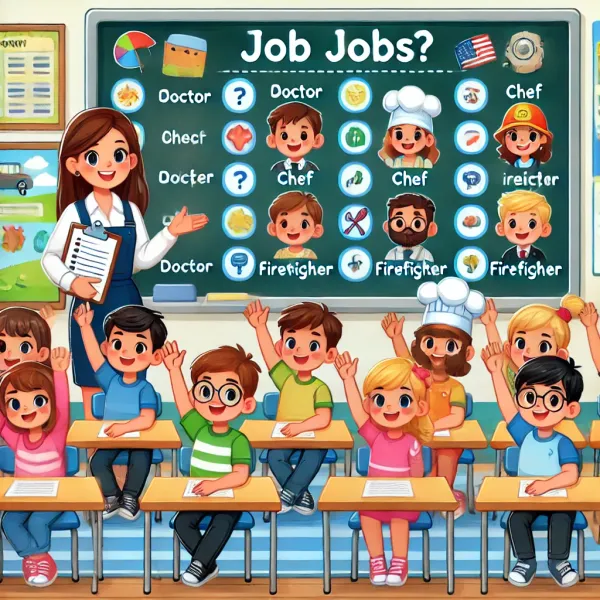How Do Adults Learn Languages?

This video is about how to learn languages effectively. In the video, Dr. Jeff McQuillin, an expert in second language acquisition, argues that the most important thing is to focus on acquisition, which is unconscious or subconscious knowledge of the language, rather than learning, which is conscious knowledge of language rules.
Here are some key points from the video:
- Adults learn languages in the same way that children do by understanding messages.
- Acquisition comes from understanding messages. The brain acquires language when it can understand what is being communicated.
- Learners should look for materials that are comprehensible, meaning they can understand them. This could include things like videos, podcasts, or books that are tailored to their level.
- Learners should avoid focusing on grammar rules. Memorizing grammar rules is not an effective way to learn a language.
- Vocabulary is best learned incidentally through exposure to comprehensible language. Learners should focus on finding materials that they enjoy and that they can understand.
- Learners should lower their expectations and be patient. It takes time to learn a language.
Overall, the video argues that the best way to learn a language is to focus on comprehensible input and to avoid spending too much time on memorizing grammar rules.
Discussion Questions
- What does Dr. Jeff McQuillin mean by "acquisition" in language learning? How is it different from "learning"?
- Why does the video say learners should not focus on grammar rules? Do you agree? Why or why not?
- What types of materials (videos, podcasts, books, etc.) do you enjoy and understand in your target language? How do they help you learn the language?
- What challenges have you faced while learning a language? How might the strategies in the video help you with these challenges?
- Do you think Dr. Jeff McQuillin's approach works for everyone learning a language? Why or why not? Are there parts of language learning that need a different approach?



